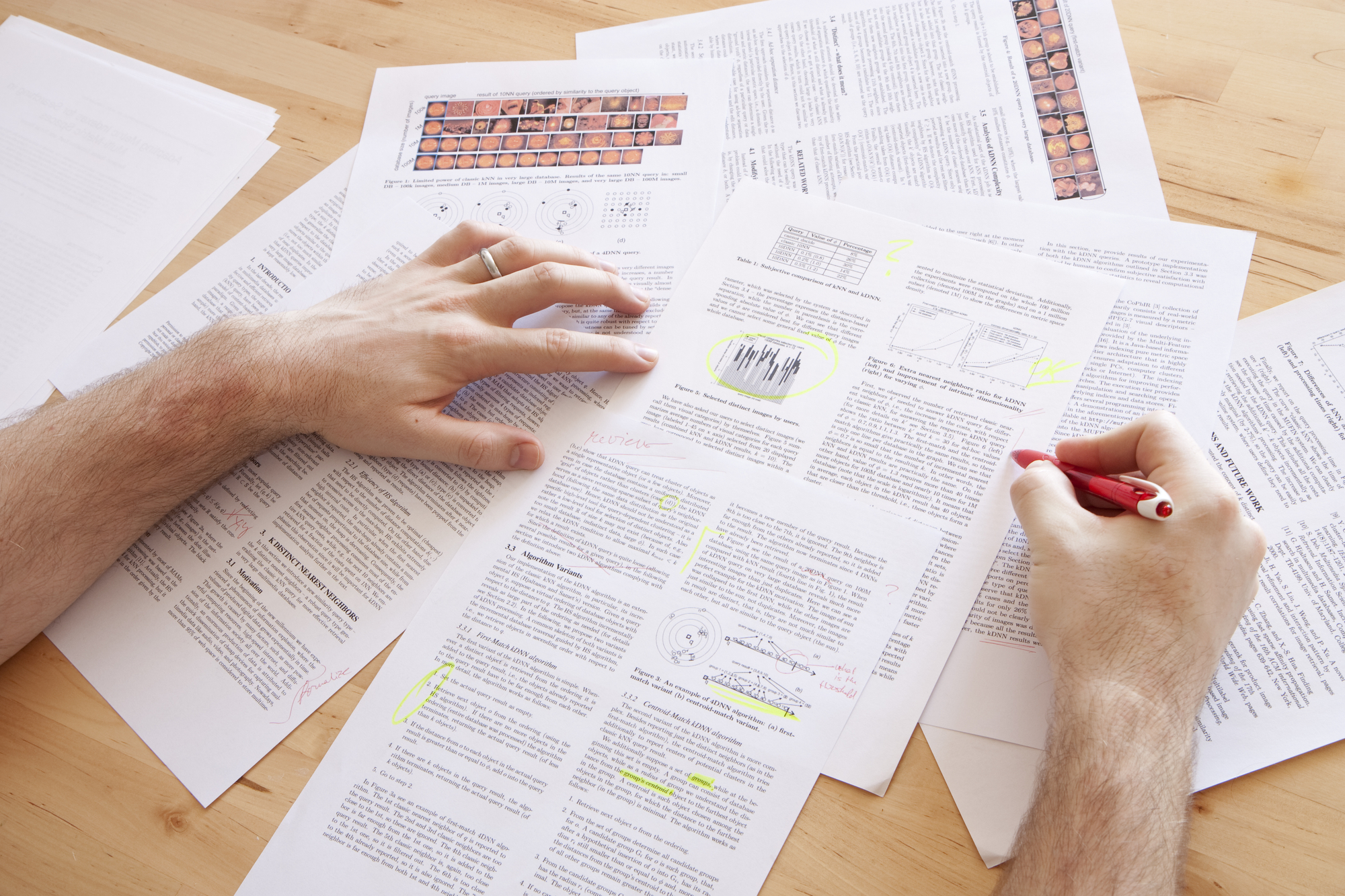Anna Paltseva, a researcher at the SUN Lab, and Professor Alexander Neaman made an overview of research works in the field of the impact of global climate change on metal mobility in soils.
Since such pollutants as mercury, lead and chromium persist and bioaccumulate in the environment for a long time, the environmental processes associated with global warming can affect the fate and transport of these metals and have a negative impact on the state of the ecosystem and the human health.
The effects of climate change on soil pollution with metals (i.e., their concentrations, mobility, and distribution) have been understudied and require immediate attention to prevent future human and ecosystem damage – Alexander Neaman
Scientists recommend developing models of metal transport, taking into account such factors as atmospheric and soil temperature, precipitation, atmospheric circulation, soil chemistry, groundwater, etc. with the integration of GIS tools for visualization. In the future, it is necessary to conduct research on the effect of temperature on the behavior of metals in soils under conditions of global warming.
The article “An Emerging Frontier: Metal (loid) Soil Pollution Threat Under Global Climate Change” is published in Environmental Toxicology and Chemistry (SJR Q1).
The study was supported by the RUDN University “5‐100” project and the Russian Science Foundation project 19‐77‐30012.

